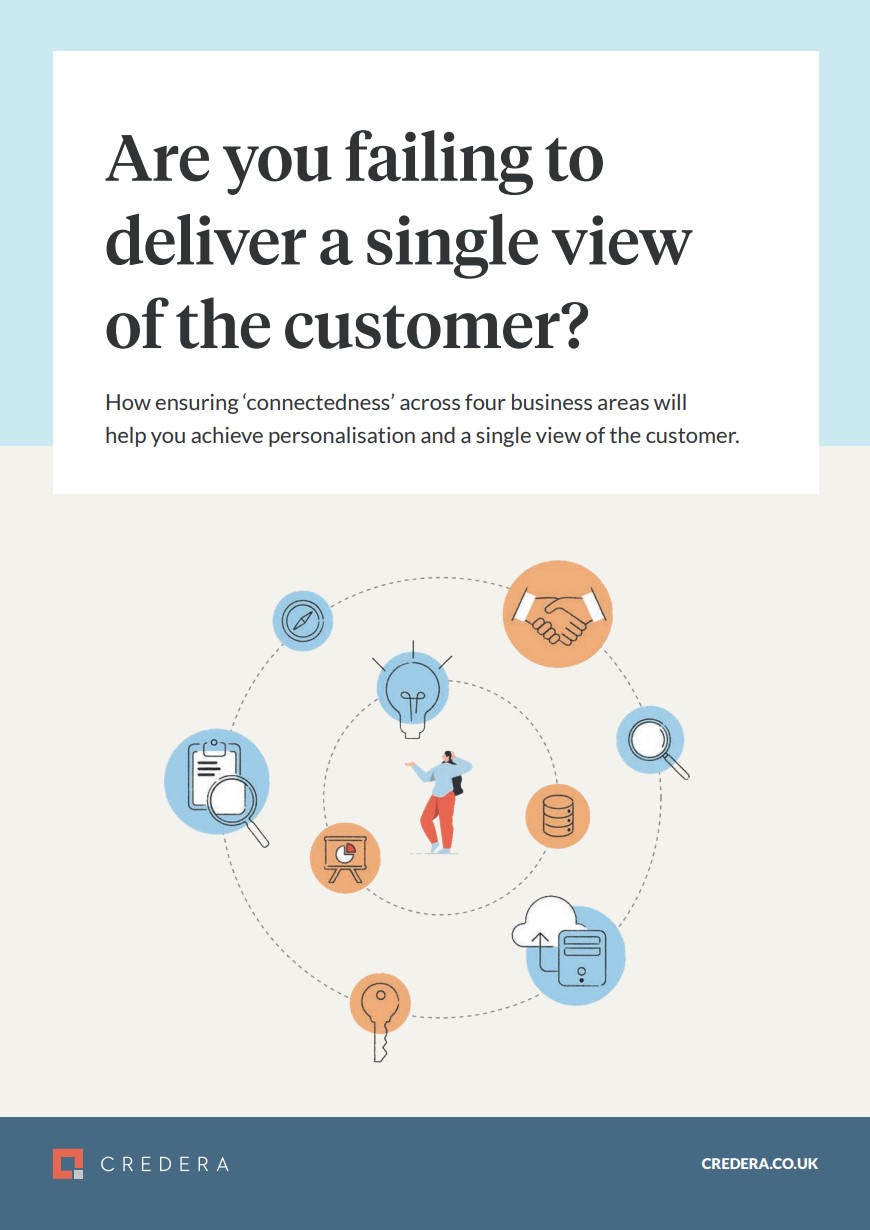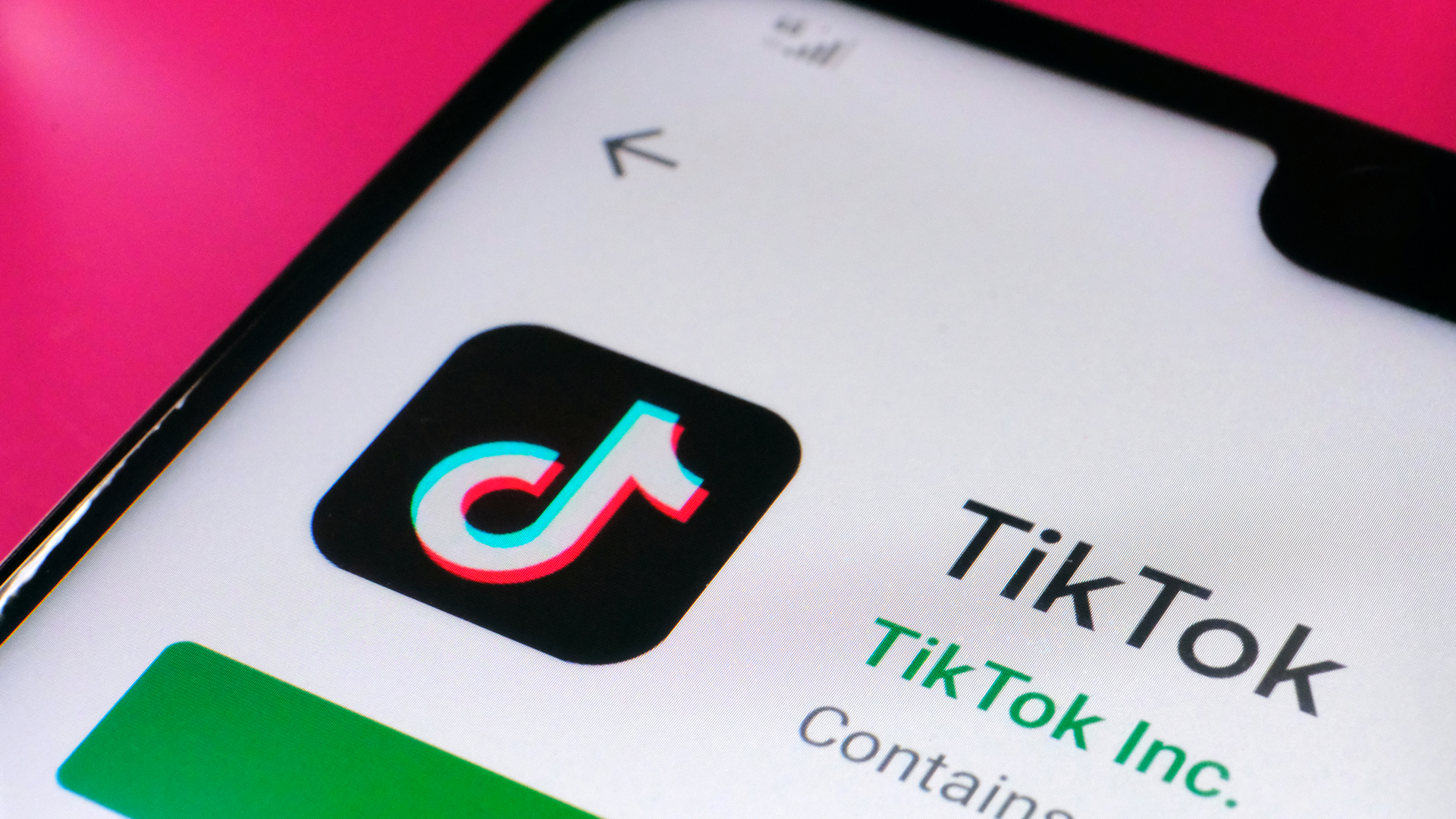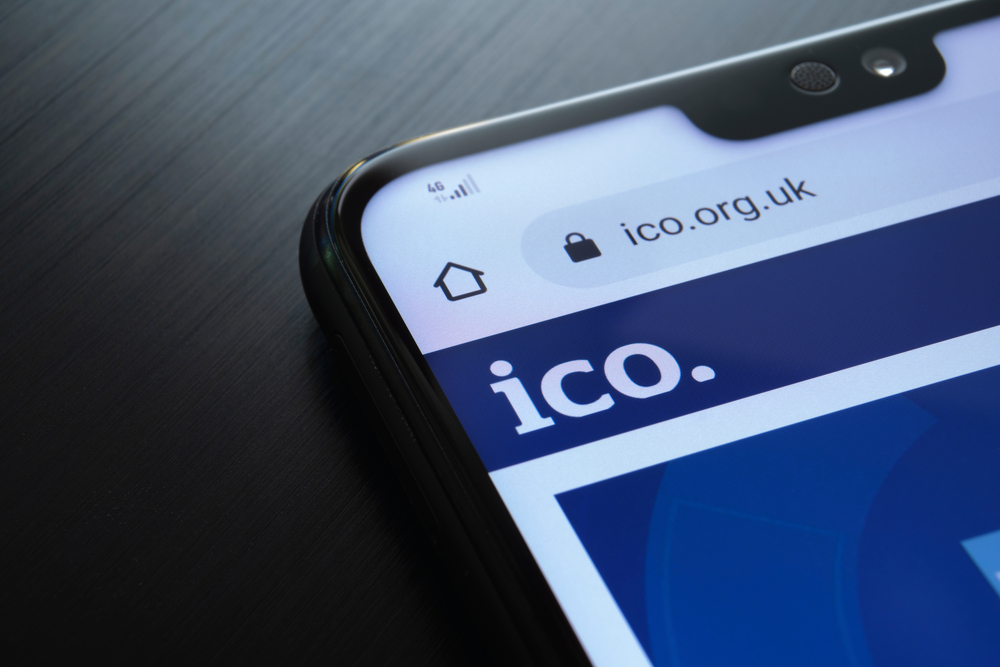ICO fines contact-tracing service for using personal data for marketing
Tested.Me Ltd sent 84,000 ‘nuisance' emails to people who had scanned QR codes to check into venues during the COVID pandemic


Sign up today and you will receive a free copy of our Future Focus 2025 report - the leading guidance on AI, cybersecurity and other IT challenges as per 700+ senior executives
You are now subscribed
Your newsletter sign-up was successful
The UK’s data protection regulator has hit contact-tracing service provider Tested.Me Ltd with an £8,000 fine for using people’s contact details obtained through QR code-scanning to send unwarranted marketing messages.
The contact-tracing company provided venues, such as pubs and restaurants, with the technology to allow customers to check-in on arrival through a QR code scanning system during the height of the COVID-19 pandemic.
The Information Commissioner’s Office (ICO) found, however, that the company had marketed its own Digital Health Passport App to tens of thousands of people who’d registered at venues using their technology, at a later date.
As a result, the regulator deemed that Tested.Me Ltd contravened the Privacy and Electronic Communications Regulations 2003 by sending 83,904 emails to people between 11 September and 5 November last year. Specifically, the firm was supposed to ensure valid consent to send those messages had been acquired, but it hadn’t done so.
While the ICO feels the company didn’t deliberately set out to violate PECR, the contravention was deemed negligent, and, as a result, the firm has been fined £8,000. This will be reduced to £6,400 if Tested.Me Ltd pays the fine by 7 June.
The fine has been administered under Section 55 of the Data Protection Act 1998. IT Pro asked the ICO why the newer and more robust Data Protection Act 2018 wasn’t used as the basis for the penalty.
RELATED RESOURCE

Are you failing to deliver a single view of the customer?
Ensure 'connectedness' across four business areas to achieve personalisation
This illicit practice is something privacy activists had been warning for months last year as society began to emerge from the first lockdown last summer. A combination of poor guidance and lax enforcement led to a surge in third-party companies promising to offer contact tracing services to businesses desperate to comply with the rules.
Sign up today and you will receive a free copy of our Future Focus 2025 report - the leading guidance on AI, cybersecurity and other IT challenges as per 700+ senior executives
According to legal and policy officer with Big Brother Watch, Madeleine Stone, the problem wasn’t just that it was likely that contact tracing data was used for marketing purposes, but that this entire regime was normalising mass data collection.
“I think there absolutely is a risk [of organisations misusing the data for marketing purposes] and I think it's probably quite likely that it is happening,” Stone warned at the time. “I'm sure that some companies are completely doing this by the book but there are probably a lot that aren't.
“It only takes one, one of these third-party apps to have a data breach, or to mishandle data, or to use it for marketing purposes, or to sell it on to someone else, and we have a serious issue for all those potentially hundreds of thousands of people who've put their data through this system.”

Keumars Afifi-Sabet is a writer and editor that specialises in public sector, cyber security, and cloud computing. He first joined ITPro as a staff writer in April 2018 and eventually became its Features Editor. Although a regular contributor to other tech sites in the past, these days you will find Keumars on LiveScience, where he runs its Technology section.
-
 What might cause the 'AI bubble' to burst?
What might cause the 'AI bubble' to burst?In-depth If a bubble is really forming, what happens to the businesses caught up in the AI craze when it pops – and why things might not be as bad as they seem
-
 London set to host OpenAI's largest research hub outside US
London set to host OpenAI's largest research hub outside USNews OpenAI wants to capitalize on the UK’s “world-class” talent in areas such as machine learning
-
 LastPass hit with ICO fine after 2022 data breach exposed 1.6 million users – here’s how the incident unfolded
LastPass hit with ICO fine after 2022 data breach exposed 1.6 million users – here’s how the incident unfoldedNews The impact of the LastPass breach was felt by customers as late as December 2024
-
 Cyber attacks have rocked UK retailers – here's how you can stay safe
Cyber attacks have rocked UK retailers – here's how you can stay safeNews Following recent attacks on retailers, the NCSC urges other firms to make sure they don't fall victim too
-
 ICO admits it's too slow dealing with complaints – so it's eying up automation to cut staff workloads
ICO admits it's too slow dealing with complaints – so it's eying up automation to cut staff workloadsNews The UK's data protection authority has apologized for being slow to respond to data protection complaints, saying it's been overwhelmed by increased workloads.
-
 “Limited resources” scupper ICO probe into EasyJet breach
“Limited resources” scupper ICO probe into EasyJet breachNews The decision to drop the probe has been described as “deeply concerning” by security practitioners
-
 Surge in workplace monitoring prompts new ICO guidelines on employee privacy
Surge in workplace monitoring prompts new ICO guidelines on employee privacyNews Detailed guidance on how to implement workplace monitoring could prevent data protection blunders
-
 TikTok could be hit with £27m fine for failing to protect children's privacy
TikTok could be hit with £27m fine for failing to protect children's privacyNews Social media firm issued with a notice from the ICO for potential violations of UK data protection laws
-
 What is AdTech and why is it at the heart of a regulation storm?
What is AdTech and why is it at the heart of a regulation storm?In-depth The UK data regulator has come under heavy fire for consistently delaying much-needed action, privacy groups say
-
 ICO crackdown on AI recruitment part of three-year vision to save businesses £100 million
ICO crackdown on AI recruitment part of three-year vision to save businesses £100 millionNews ICO25 outlines a fresh approach that involves releasing learning materials, advice, and a new ICO-moderated discussion forum for businesses